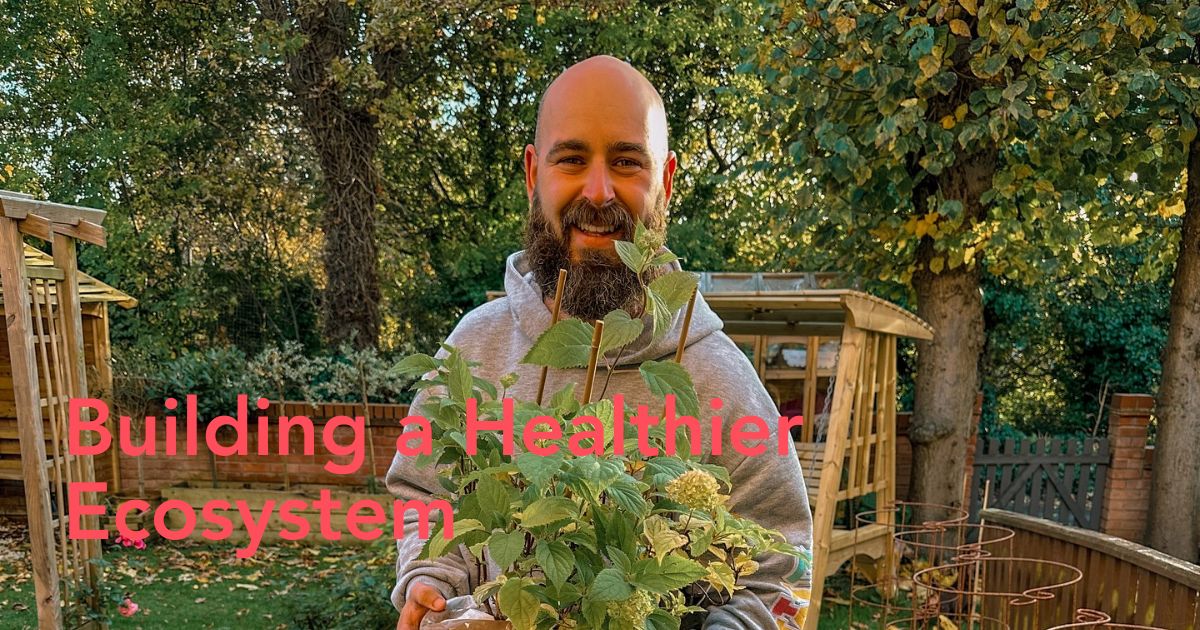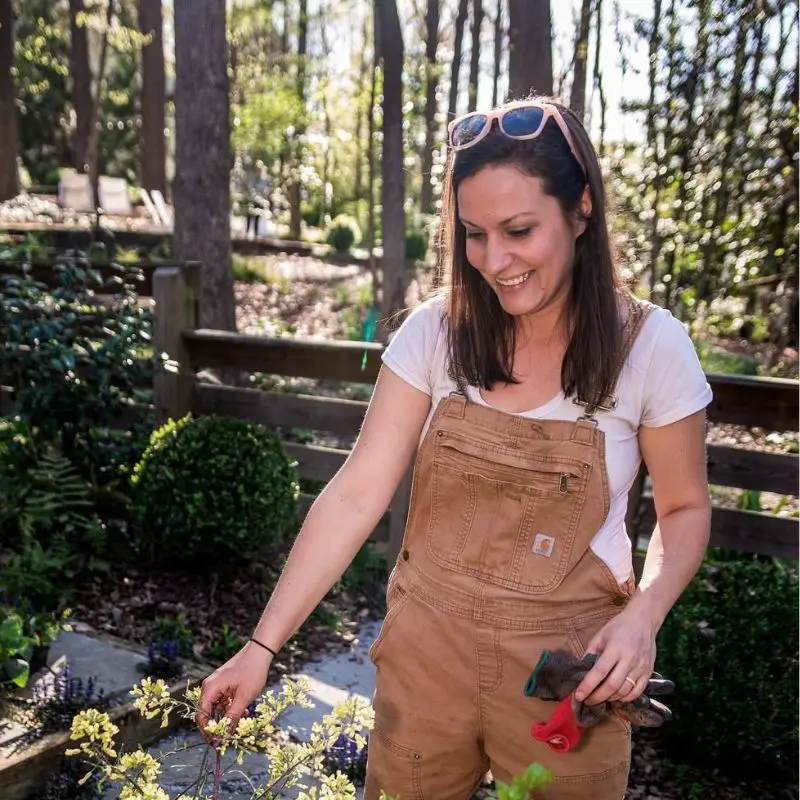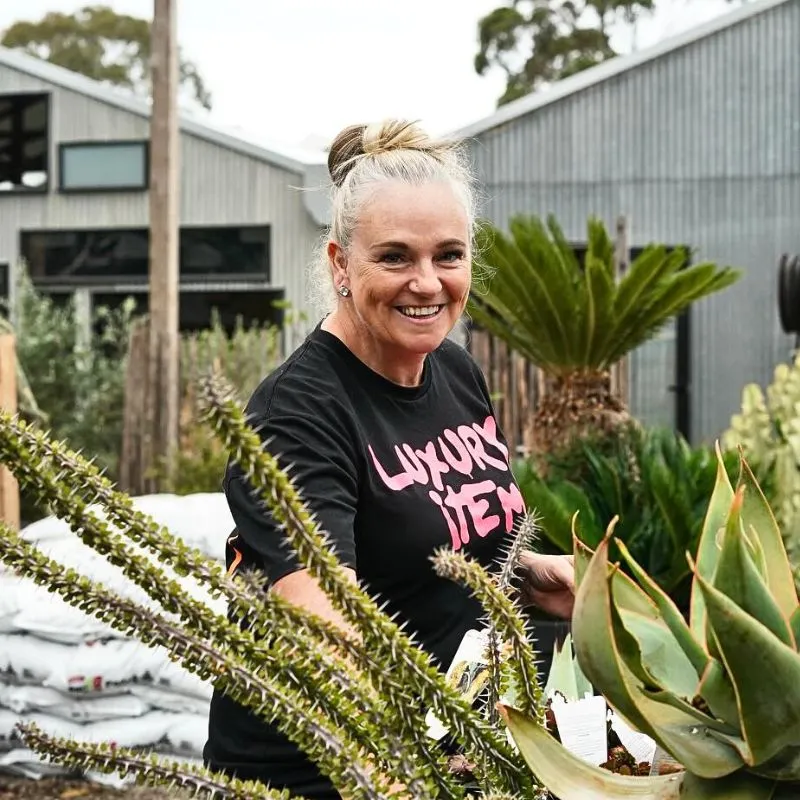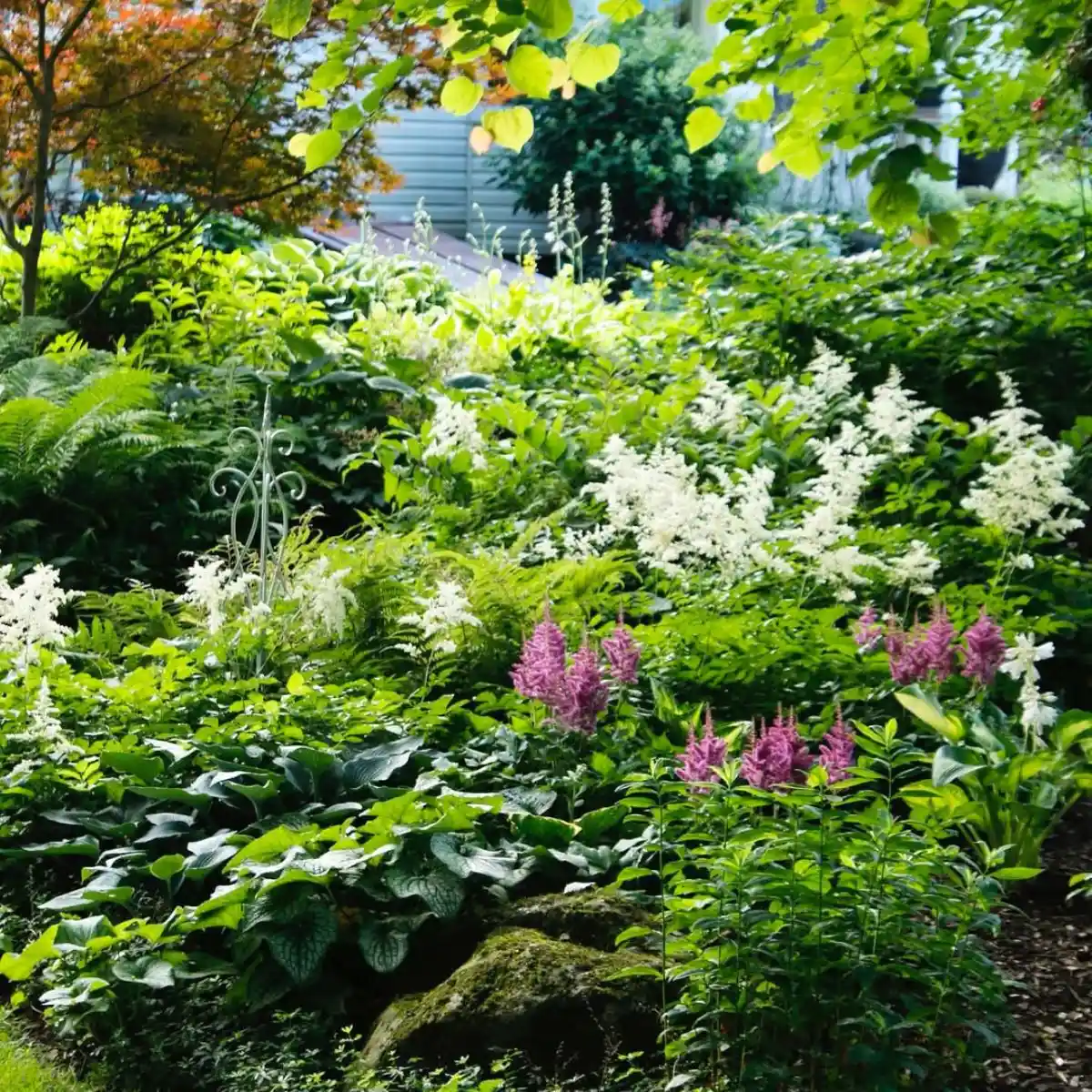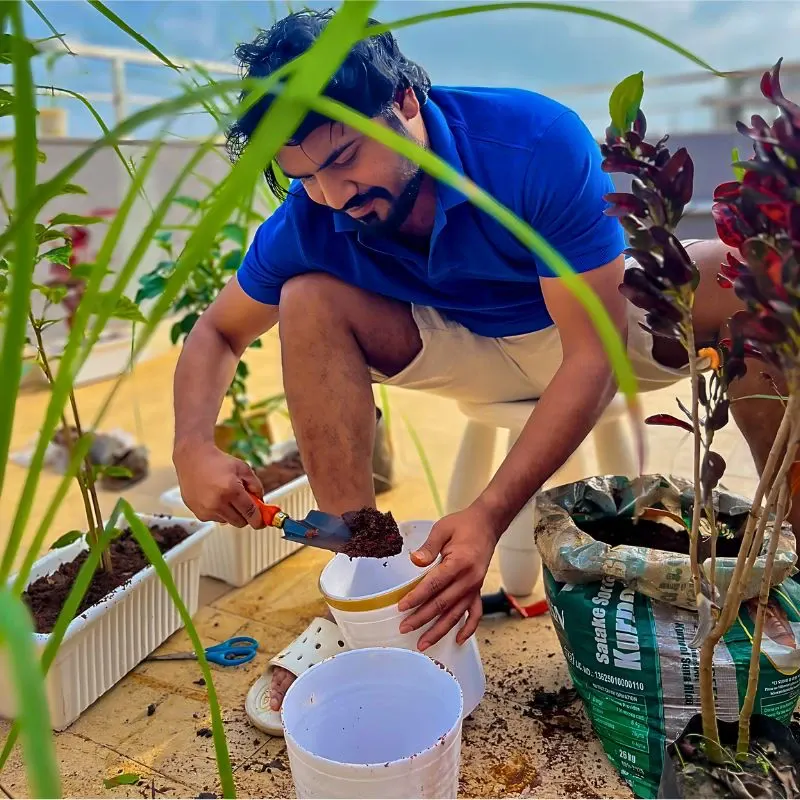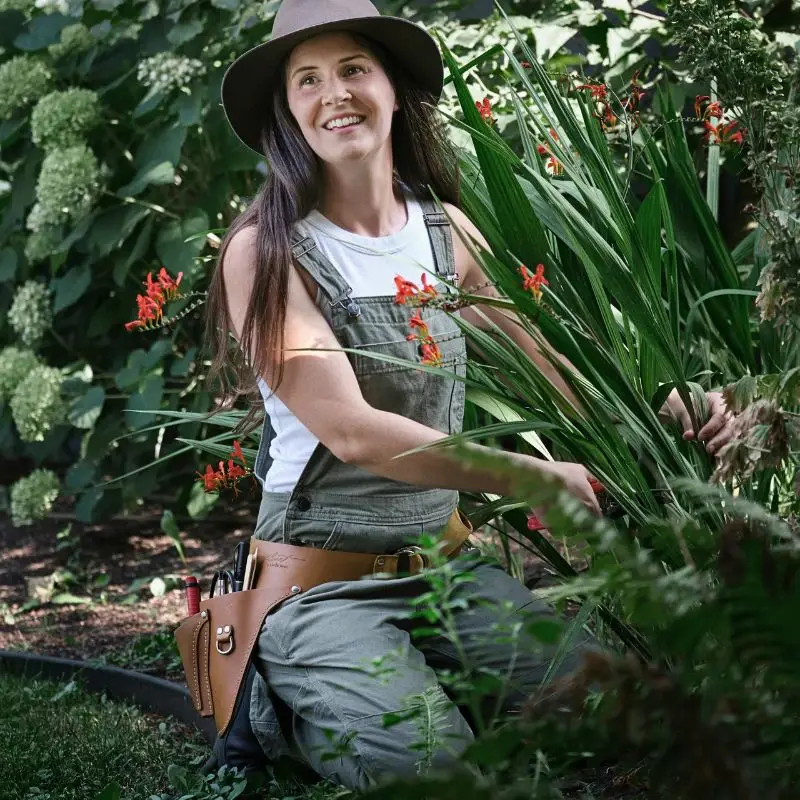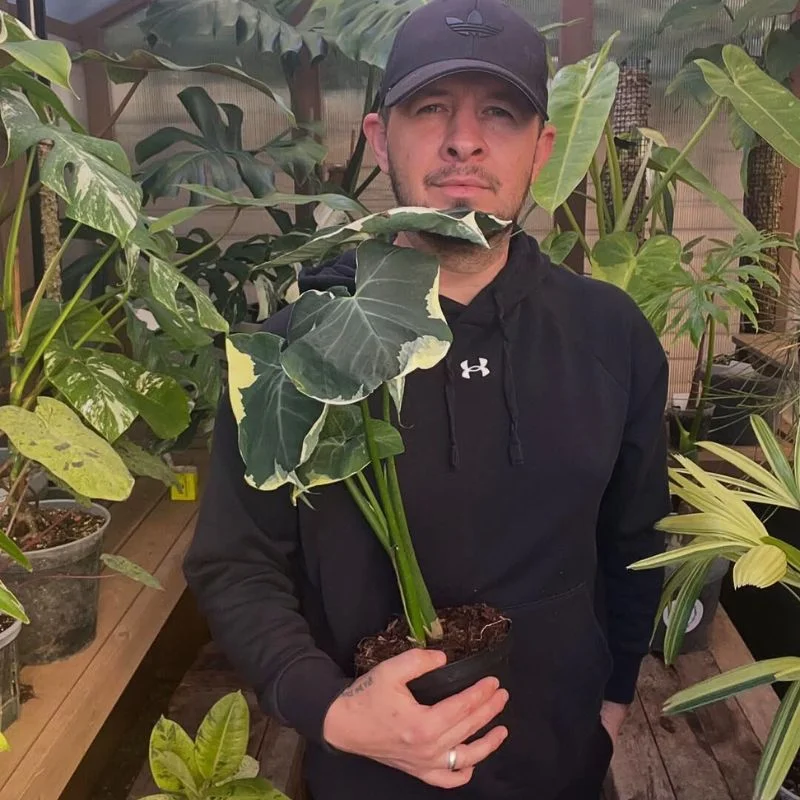Over the past years, plant-based foods have taken the market by storm. But this is more than just a fad - it can be a healthier, more sustainable way to look after your nutrition and health. But what can gardeners and horticulturists learn from this way of living?
By applying plant-based nutrition to your garden or crops, you can learn more about the importance of seasonality, sustainable practice, whole foods and grains, natural pest control, and more.
In this guide, we’ll look at some of the important lessons that can help gardeners create thriving ecosystems right within their crops.
Before dive in, you can also visit on our article Top Tips for Maintaining a Beautiful Garden Year-Round
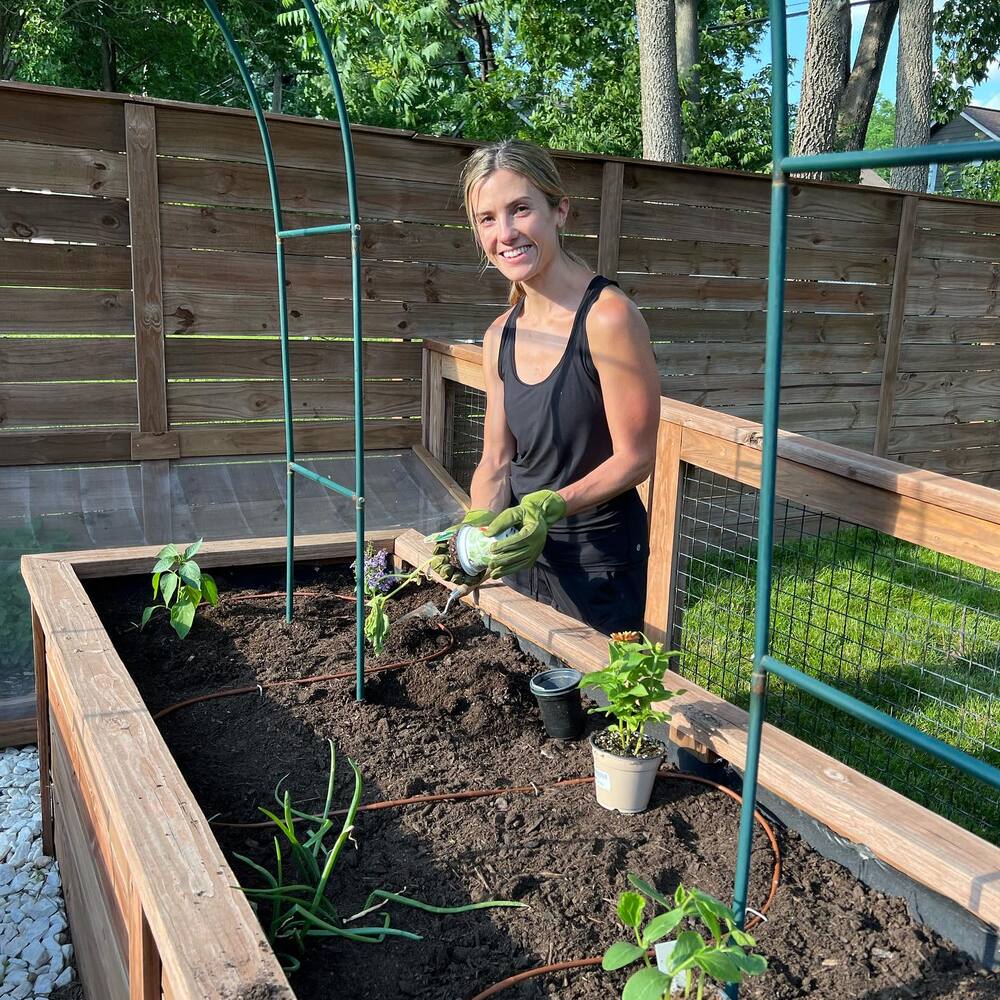
The Importance of Nutrient-Rich Soil
Studies show plant-based diets can be very nutrient-dense. They help manage weight, reduce disease risks like heart conditions and diabetes, and provide all the nutrients you need for good health. But the secret lies in choosing foods grown to maximize these nutrients!
For gardens, this highlights the importance of looking after the soil to boost plant nutrition. Enriching soil can help you grow healthier plants, reduce diseases, and even reduce the costs associated with fertilizing, mulching, and aerating the soil to keep your crops alive.
Techniques you can use include adding organic matter like compost, ensuring balanced pH levels, and rotating crops to prevent nutrient depletion!
Benefits of Diversity in Plant Selection
Plant variety isn't just a great way to beautify your garden or crop, it is also important to create thriving, reliable ecosystems within your cultivated land.
Diverse plant selection in your garden brings numerous advantages that extend beyond aesthetics:
- Building a healthier ecosystem
- Attracting a variety of beneficial insects
- Helping manage plant-specific pests
- Increasing resilience to weather fluctuations
- Encouraging pollination
- Reducing the risk of disease spread
- Promoting sustainable gardening practices
Put simply, by planting various species, you create a balanced environment that supports itself!

Encouraging Pest-Resistant Gardens
Keeping your garden beautiful all year around doesn’t require harmful chemicals. You can use natural strategies to fend off pests.
Here are some methods:
- Plant companion species like marigolds
- Use neem oil as a natural deterrent
- Introduce beneficial insects like ladybugs
- Rotate crops to confuse pests
- Keep soil composted and healthy
- Install barriers such as row covers
These strategies create a healthy garden environment. By avoiding pesticides, you protect your plants and your health, creating plant-based products that are more nutritious, organic, and free of harmful chemicals.
Emphasizing Whole Grain and Plant Benefits
Whole grains and unprocessed plant foods are essentials for any balanced diet. They provide critical nutrients, protect digestive health, and support sustained energy without ingredients that can be harmful to health, such as saturated fats, preservatives, refined sugars, and food coloring.
Think of foods like jumbo oats. Today, thanks to the availability of specialized platforms, you can get your jumbo oats online, not just in local stores. They are rich in fiber and nutrients naturally.
Other options include brown rice, quinoa, and whole wheat products. These foods help reduce the risk of heart disease, aid digestion, and are incredibly versatile - the number of recipes you can create with these whole grains and foods are near endless!
Seasonal Planting and Harvesting Timing
A key principle of plant-based nutrition is seasonality. And, this principle should also be upheld when gardening and cultivating crops.
Understanding the impact of timing in planting and harvesting is critical for garden success - but it also helps you align with the needs and rhythms of nature. This means that you’ll be able to naturally keep your soil rich of nutrients and take advantage of seasonal produce all year round.
For example, you can plant cool-season crops like spinach early in spring and warm-season crops like tomatoes after the last frost of the year. This timing ensures plants receive optimum conditions for growth - which translates in produce that is even more nutrient-rich!
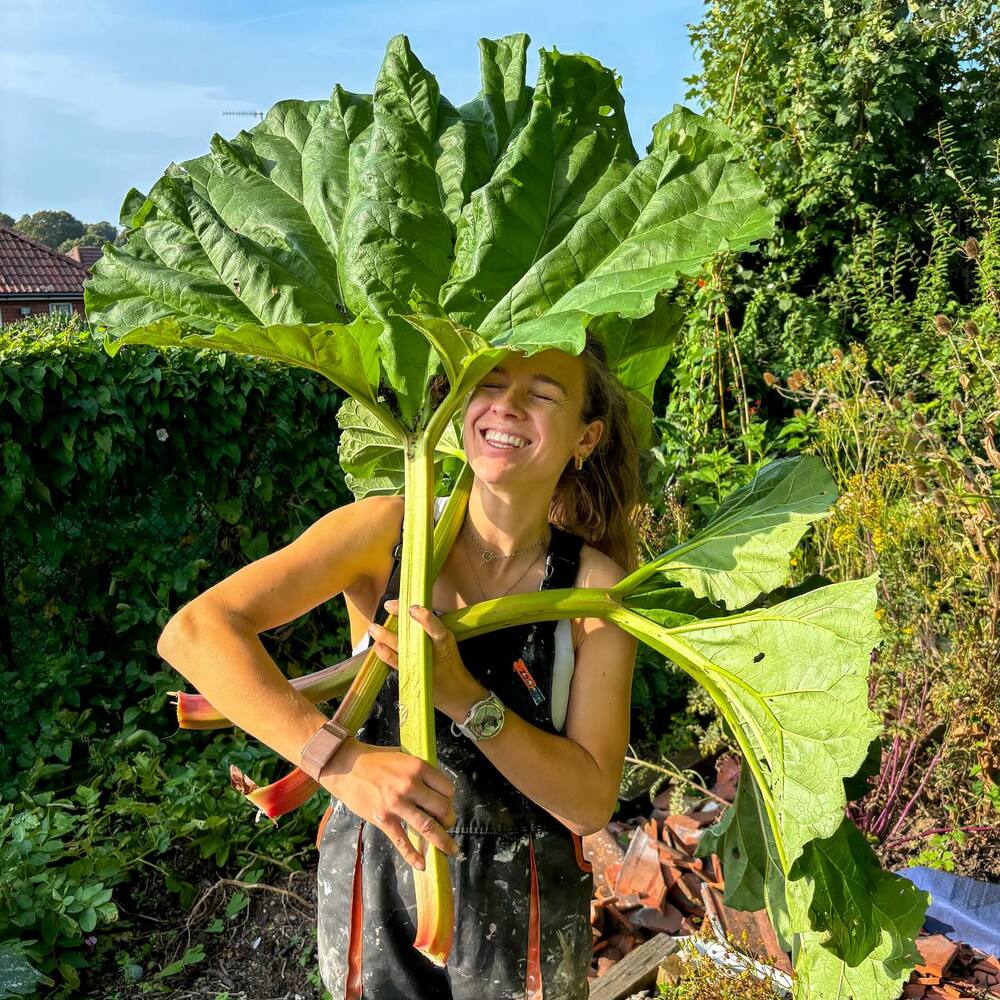
Enhancing Soil and Gardening Outcomes with Permaculture
Permaculture is a sustainable agriculture practice that mimics natural ecosystems. This is the perfect strategy to try if you are looking to take your home vegetable garden to the next level and take a step towards self-sufficiency!
By integrating permaculture into your garden, you create a system where plants, animals, and even insects work together harmoniously. This method enriches the soil naturally, boosting nutrient levels in your produce and growing abundant food - all while being gentle on the Earth!
Connecting Garden Practices with Environmental Impact
The right gardening practices can offer a range of benefits, and not just on your mental health and well-being!
Being kind towards your garden or crops can also benefit the environment - in more than one way:
- Reduces the need to rely solely on supermarkets
- Offers control over food quality and pesticide use
- Lowers carbon footprint through reduced food transport
- Promotes seasonal eating, reducing reliance on long-haul produce
- Minimizes food waste with home composting
- Attracts healthy wildlife, such as pollinators and beneficial insects
By being mindful of these practices, your garden can become a small haven of sustainability, enhancing both the local ecosystem and your personal well-being!
Water Efficiency and Hydration Strategies
One of the greatest benefits of plant-based nutrition is the fact that plant-based foods require far less resources, including water, for production. For gardeners and horticulturists, this can be a great source of inspiration to reduce water consumption.

For example, you could:
- Choose drought-tolerant plants which need less water to thrive.
- Implement drip irrigation systems to deliver water directly to plant roots.
- Collect rainwater to harness natural resources.
- Mulch the soil to keep it moist and reduce evaporation.
These strategies not only support healthy plants but also contribute to saving water!
Sustainable Composting Practices
Composting is a fantastic way to recycle kitchen and garden waste, turning it into a soil conditioner that is both natural and nutrient-rich!
Start with a balance of “greens” like vegetable scraps and “browns” such as dried leaves. This blend breaks down effectively, supporting healthy compost while reducing the risk of attracting pests. Plus, turning your compost pile every few weeks aerates and speeds up the process.
Using compost in your garden improves soil structure and nutrient content, promoting robust plant growth. Plus, by composting, you reduce the amount of waste going to landfills and replenish your garden naturally!
Embracing Holistic Gardening Through Plant-Based Nutrition
Above, we’ve looked at just a few of the precious lessons that plant-based nutrition can lend the world of gardening. However, don’t forget that nothing is as important as continuous education to stay up to date with the latest techniques, strategies, and advances.
So, take another step towards healthier, more sustainable gardens by learning more about plant-based nutrition and its principles!

